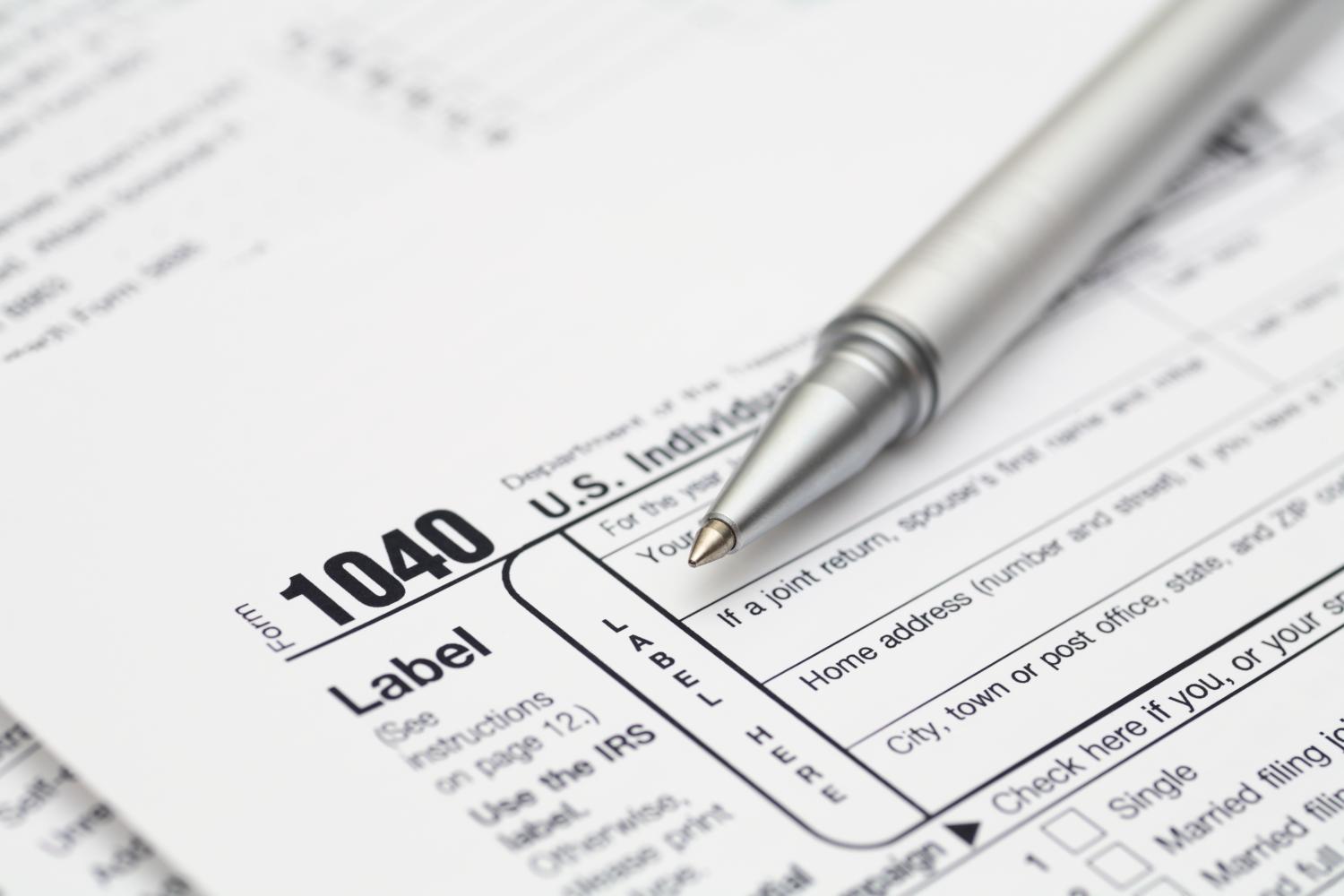In this policy proposal — part of The Hamilton Project‘s 15 Ways to Rethink the Federal Budget — Diane Lim’s discusses an approach to individual income tax expenditures that would raise revenue more efficiently and progressively by reducing tax expenditures, limiting potential negative impacts on subsidized sectors by preserving certain tax incentives, and equalizing implicit subsidies across middle- and higher-income taxpayers.
IMPACT
Deficit Reduction (10-year): $1 trillion
Broader Benefits: Raises revenue more efficiently by reducing tax expenditures; limits potential negative impacts on subsidized sectors by preserving certain tax incentives; equalizes implicit subsidies across middle- and higher-income taxpayers.
INTRODUCTION
It is often said that base-broadening tax reform—that is, expanding the definition of taxable income—should be an important part of solutions to address the fiscal trilemma of reducing the deficit, promoting fairness, and encouraging economic growth. Such reform would be expected to garner bipartisan support, but getting policymakers to move from that vague sound bite to specific policy proposals, without the usual ideological bickering, is another story. In this paper I argue why an across-the-board reduction in broad classes of individual income tax preferences, rather than targeting certain tax expenditures within a comprehensive overhaul of the tax system, could be an easy step to ensure we achieve our nation’s fiscal and economic goals, despite our seemingly dysfunctional political system. Indeed, if implemented correctly, base-broadening reform could raise tax revenues by more than $1 trillion over the next decade.
The Brookings Institution is committed to quality, independence, and impact.
We are supported by a diverse array of funders. In line with our values and policies, each Brookings publication represents the sole views of its author(s).



